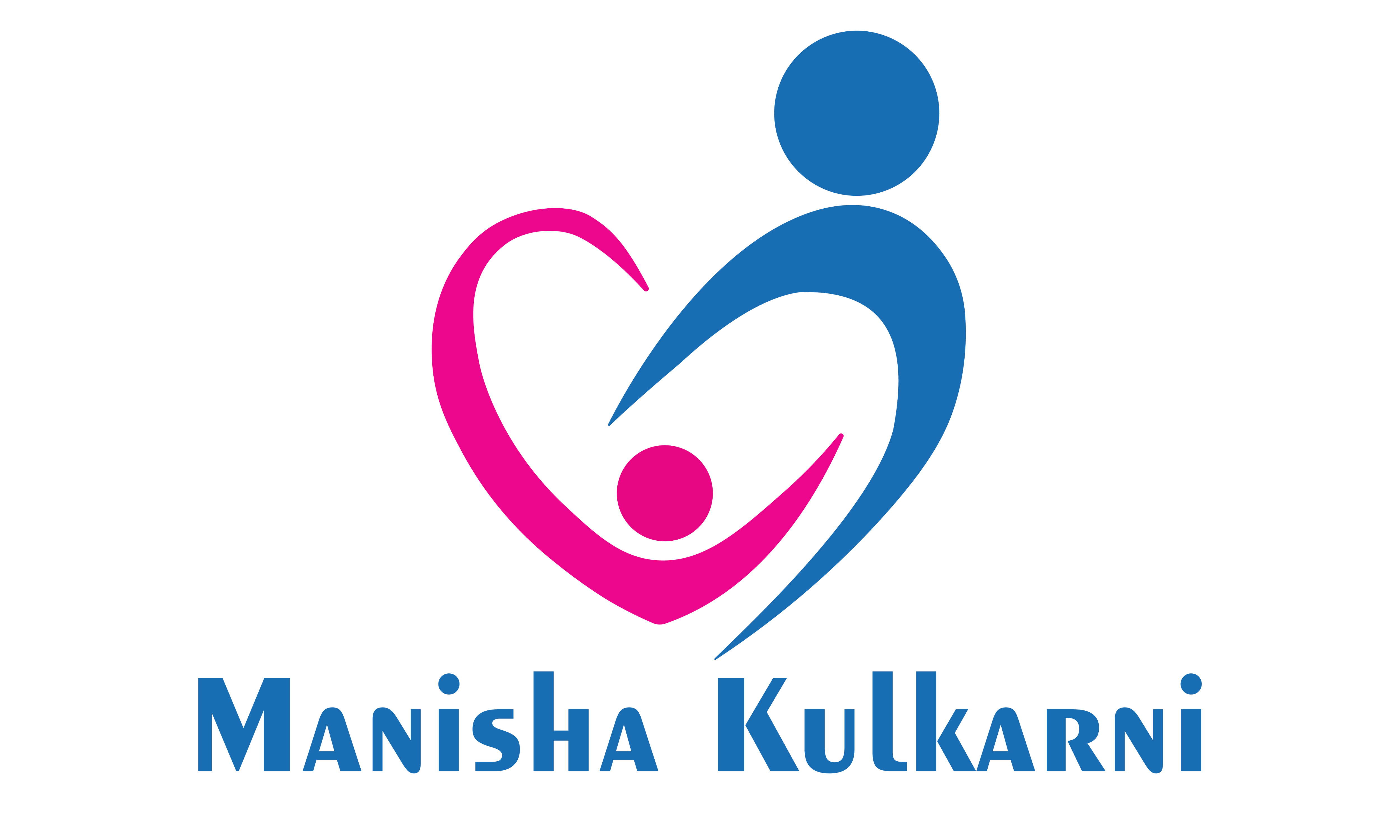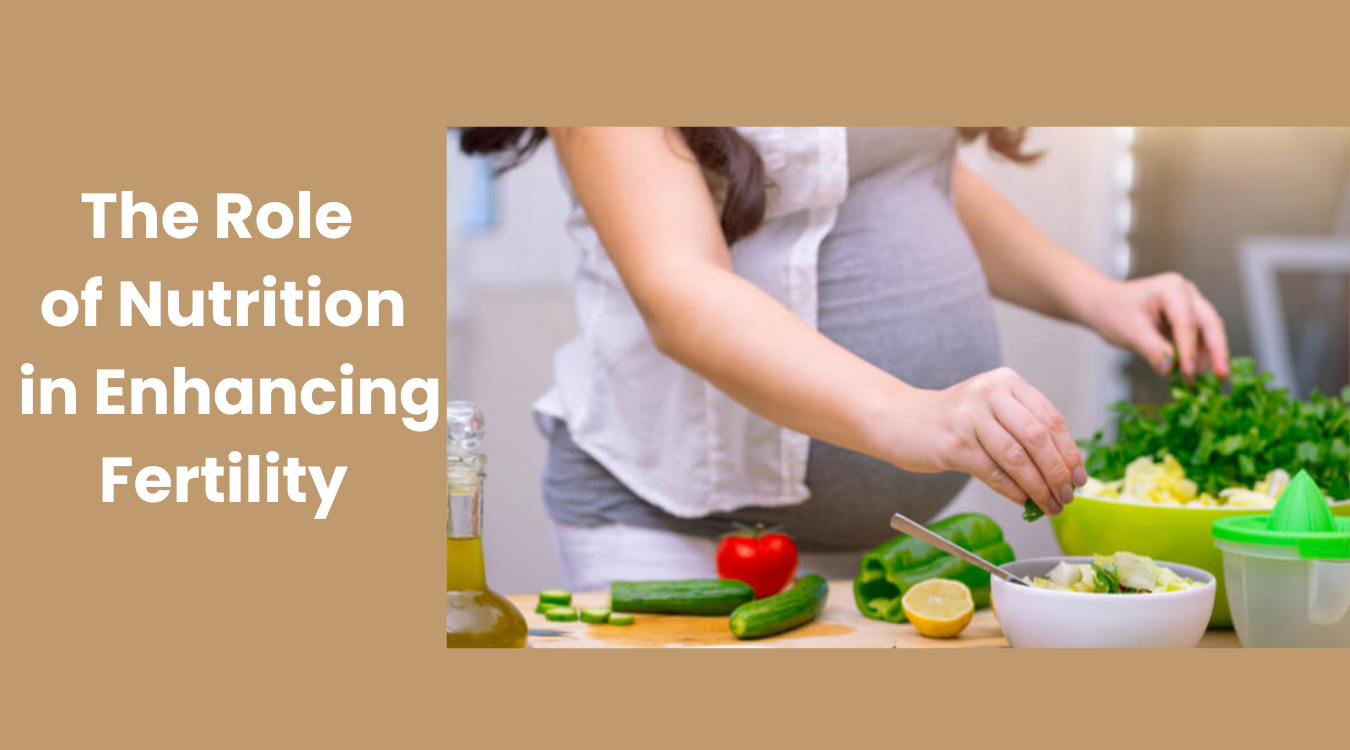When planning for a baby, many couples focus on timing and medical evaluations—but one crucial factor that’s often overlooked is nutrition. What you eat plays a significant role in your reproductive health and can directly impact your chances of conception. According to Dr. Manisha Kulkarni, a trusted Gynecologist in Magarpatta, a fertility-friendly diet can improve ovulation, hormonal balance, and even sperm quality. If you’re trying to conceive, understanding how nutrition supports fertility is a powerful first step.
Let’s explore the connection between food and fertility, and the best dietary habits to adopt when you’re trying to get pregnant.
Why Nutrition Matters for Fertility
Fertility is influenced by a combination of factors including age, genetics, lifestyle, and environmental exposures. Nutrition affects hormonal function, egg quality, ovulation cycles, and the uterine environment—key aspects of successful conception. For men, it impacts sperm count, motility, and morphology.
A balanced diet provides essential vitamins and minerals that help regulate reproductive hormones, reduce inflammation, and support overall reproductive organ health. If you’re unsure where to begin, consulting an expert like a gynecologist in Magarpatta can help tailor a fertility-supportive plan based on your individual needs.
Key Nutrients That Boost Fertility
1. Folate (Vitamin B9)
Folate is crucial in early fetal development and supports cell division and DNA production. It also enhances ovulation and reduces the risk of birth defects.
Sources: Leafy greens, lentils, oranges, avocados, and fortified cereals.
2. Iron
Iron helps in the production of healthy red blood cells and supports ovulation. Studies suggest women with sufficient iron intake are less likely to experience infertility.
Sources: Beans, spinach, lean meats, tofu, pumpkin seeds, and whole grains.
3. Zinc
Zinc is important for hormonal regulation in women and supports sperm production in men.
Sources: Chickpeas, pumpkin seeds, eggs, dairy products, nuts, and whole grains.
4. Omega-3 Fatty Acids
These healthy fats support hormone production, reduce inflammation, and improve egg quality and implantation.
Sources: Fatty fish (like salmon and sardines), walnuts, chia seeds, flaxseeds, and eggs.
5. Antioxidants (Vitamins C and E, Selenium, Beta-Carotene)
Antioxidants protect eggs and sperm from oxidative stress and free radical damage, thereby improving their quality.
Sources: Berries, carrots, citrus fruits, nuts, sunflower seeds, and spinach.
The Ideal Fertility Diet: What to Eat
1. Plenty of Plant-Based Foods
Focus on fruits, vegetables, whole grains, and legumes. These are rich in fiber, antioxidants, and vitamins essential for hormone balance.
2. Healthy Fats
Replace trans fats with unsaturated fats. Olive oil, avocado, nuts, and seeds not only support heart health but also enhance fertility.
3. Lean Proteins
Opt for plant-based proteins (like lentils and beans) and lean animal proteins such as chicken, turkey, and fish. Limit processed meats, which may reduce fertility in both men and women.
4. Full-Fat Dairy (in moderation)
Some studies suggest full-fat dairy products may support ovulation better than low-fat versions. Include yogurt, milk, or cheese in balanced portions.
5. Hydration
Drink plenty of water throughout the day. Hydration supports cervical mucus production, which aids sperm movement.
Foods to Limit or Avoid When Trying to Conceive
-
Processed Foods: High in sugar, trans fats, and additives that may disrupt hormone function.
-
Caffeine: Limit to under 200 mg per day (about one cup of coffee), as excessive caffeine may affect fertility.
-
Alcohol: Reducing or eliminating alcohol can improve reproductive outcomes.
-
High Mercury Fish: Such as swordfish and king mackerel. Mercury can negatively affect fetal development.
Nutrition for Men Matters Too
Male fertility is equally important. Nutrients like zinc, vitamin C, selenium, and folate improve sperm count, motility, and DNA integrity. Encourage your partner to follow a balanced diet, exercise regularly, and avoid smoking or alcohol.
Lifestyle Tips to Complement a Fertility Diet
-
Maintain a Healthy Weight: Being underweight or overweight can affect ovulation and hormone levels.
-
Exercise Moderately: Gentle, consistent exercise helps regulate metabolism and stress.
-
Manage Stress: High stress can impact hormone levels. Incorporate yoga, meditation, or nature walks into your routine.
-
Quit Smoking: Smoking has been linked to lower fertility in both men and women.
When to Seek Expert Guidance
If you’ve been trying to conceive for over a year (or six months if you’re over 35), it’s time to seek medical advice. A consultation with a gynecologist in Magarpatta can help assess underlying issues and recommend tests or treatments. Nutrition can be a powerful ally, but it’s best used in combination with expert medical guidance.
Enhancing your fertility doesn’t require drastic changes—it starts with mindful, balanced nutrition. Small steps can make a big difference, especially when paired with medical support. To get personalized guidance and holistic care during your fertility journey, connect with Dr. Manisha Kulkarni, an experienced gynecologist in Magarpatta who can help you take the right steps toward parenthood with confidence.


